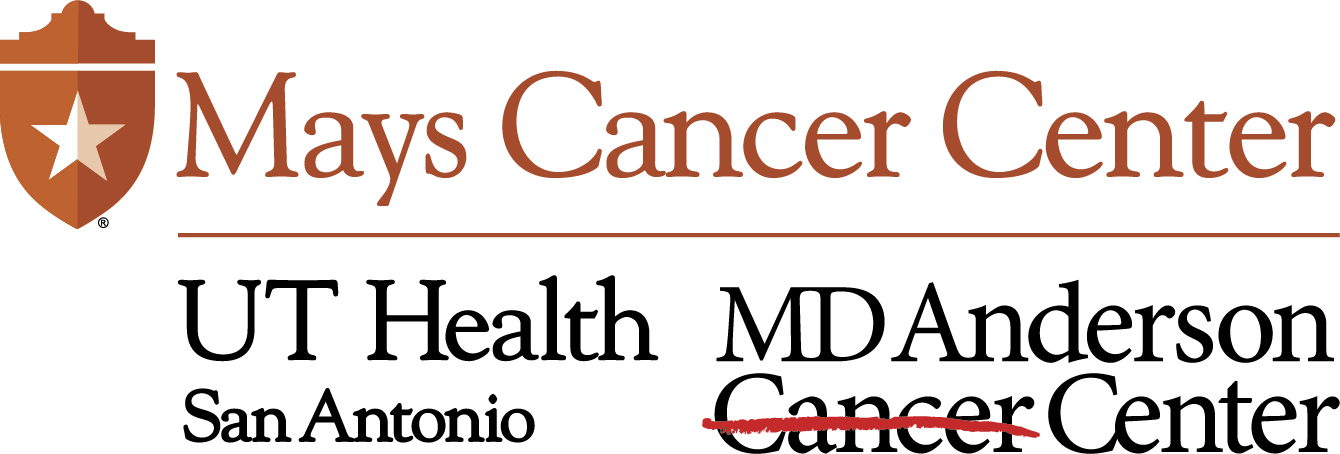
Dr. Mesa on Current Data With Ruxolitinib and Fedratinib in Myelofibrosis

Ruben A. Mesa, MD, discusses current data with ruxolitinib and fedratinib in myelofibrosis.
Ruben A. Mesa, MD, director of the Mays Cancer Center at University of Texas Health San Antonio MD Anderson Cancer Center, discusses current data with ruxolitinib (Jakafi) and fedratinib (Inrebic) in myelofibrosis.
Two agents are commercially available for patients with myelofibrosis, says Mesa. First, there is ruxolitinib, which is now included in the National Comprehensive Cancer Network (NCCN) guidelines. Real-world data and expanded access data on the safety of the agent in earlier-stage myelofibrosis are now available, adds Mesa. It certainly is a recommended consideration in those with symptomatic lower-risk myelofibrosis, as well as intermediate-1 myelofibrosis with splenomegaly and/or symptoms.
Fedratinib has also emerged in this space, says Mesa. However, less data on this agent in this patient population are available because when fedratinib was approved, there was a period of time where it had been on a clinical hold. This means expanded access trials were not performed with fedratinib, which may have included patients who had lower-risk symptomatic or intermediate-1 risk disease. The current NCCN guidelines do not recommend that group of patients for fedratinib; however, over time, more experience will be gained and it is possible that the agent will be found to benefit those patients, as well, concludes Mesa.




































